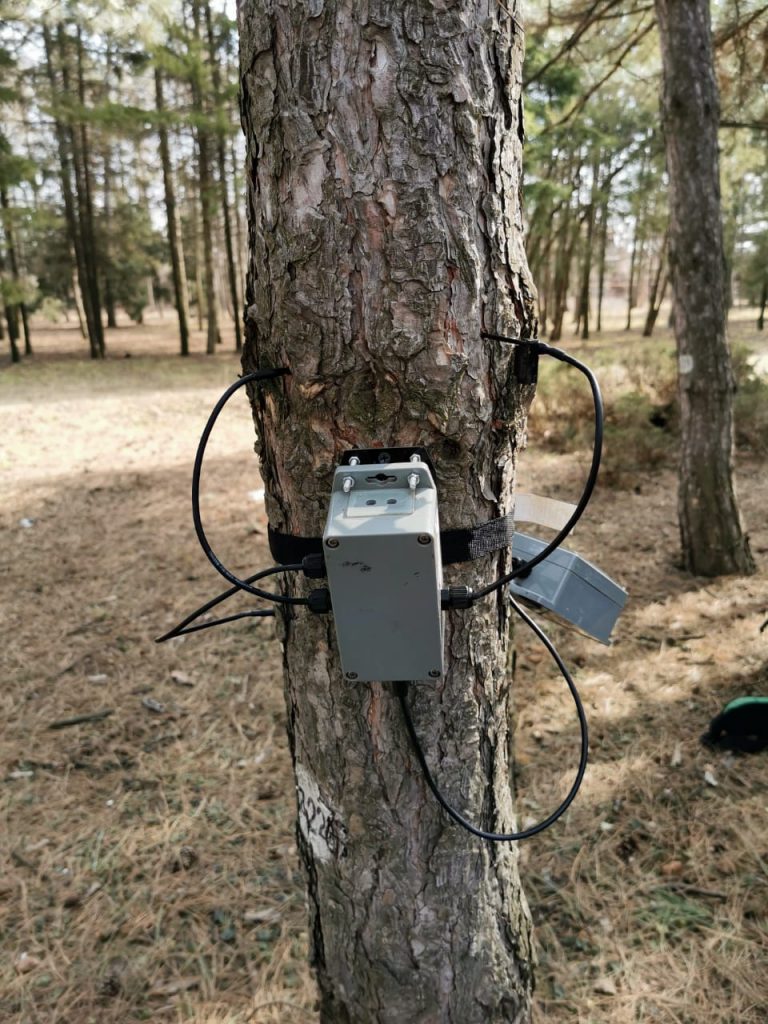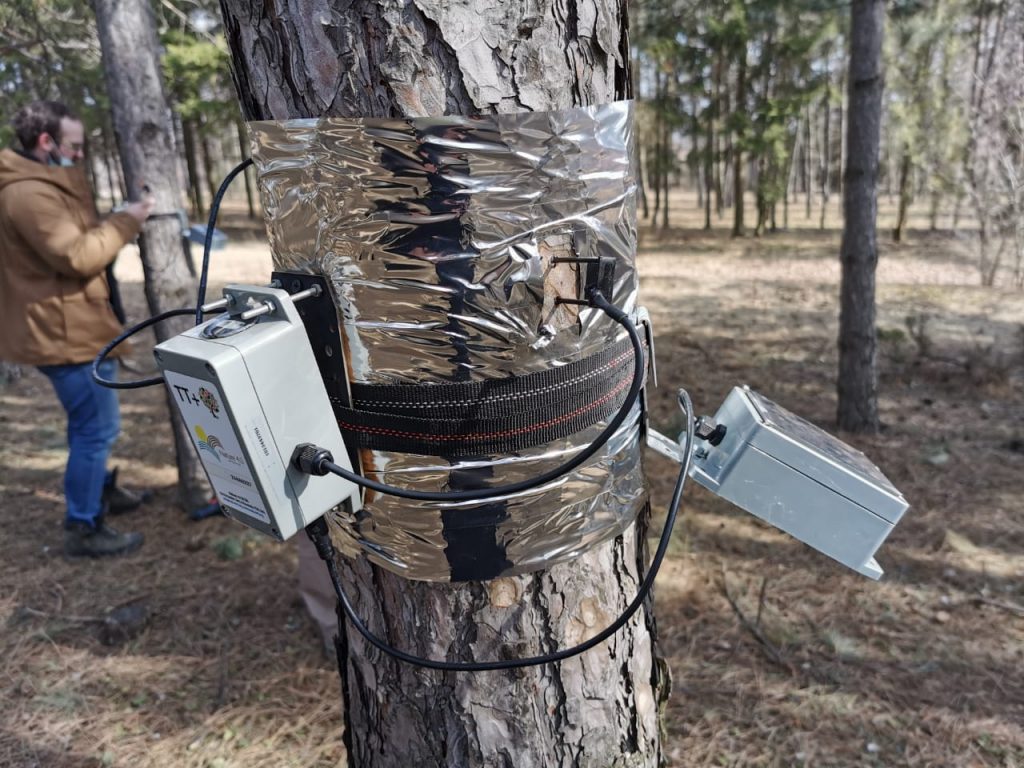When we drink a glass of water, write in a notebook, take medicine for a fever or build a house, we do not always make the connection with forests. And yet, these and many other aspects of our lives are linked to forests in one way or another.
Forest sustainable management and their use of resources are key to combating climate change, and to contributing to the prosperity and well-being of current and future generations. Forests also play a crucial role in poverty alleviation and in the achievement of the Sustainable Development Goals (SDGs). Yet despite all of these priceless ecological, economic, social and health benefits, global deforestation continues at an alarming rate.
In order to mention this problem regularly and on a global level, every 21th of March the whole planet celebrates International Day of Forests. The United Nations General Assembly proclaimed this holiday in 2012 to celebrate and raise awareness of the importance of all types of forests. Countries are encouraged to undertake local, national and international efforts to organize activities involving forests and trees, such as tree planting campaigns.

The team of Smart Urban Nature laboratory celebrates this day as the professional one. Indeed, the lab’s research interest and actual activity are based on the issues of urban ecosystems, in which forest takes an important place. Our experts’ attention is primarily focused on forest health, and specifically on exploring and development of express methods for assessing the physiological state of green spaces, the influence of environmental factors on the state of plants, timely diagnosis of plant diseases and the development of methods for plant protection.
So it would be fair to say that urban forests are taken care of by our scientists. Specifically, our research group aims to develop an automatic system for a real-time monitoring of urban green infrastructures by using the internet of things (IoT) technologies. Currently, the group adapts and implements a new multifunctional device – TreeTalker – for continuous monitoring of tree physiology, ecology and vertical stability. More than 200 trees in 7 locations around Moscow city were equipped with TT to establish a unique network of Smart urban trees. Since 2019, this network has been expanded to the territory of St. Petersburg (10 trees in Summer garden and Botanical garden).
And now, right before the International Day of Forests, our team came back from Rostov-on-Don, a city in the south of Russia, after installing a number of TreeTalkers devices. Around twenty new sensors were set up in the botanical garden of Southern Federal University.
Before installation, we conducted a local research in the garden, and later on it was decided to choose twenty trees of such types like Pínus sylvéstris, Pícea ábies, Tília cordáta, Quércus róbur, Pinus nigra – Sergey Gorbov, professor of Southern Federal University.
Tree Talkers mechanism of work is to scan the vital processes of the tree – the intensity of sap flow and photosynthesis. Also, the device in real time determines the slope and elasticity of the tree, so that during a strong wind or hurricane, old branches and trunk do not damage buildings, cars, or fall on people. In general, such monitoring allows people to determine how dangerous or useful the exact tree is and to develop some treatment recommendations.
The new TreeTalker spot in Rostov-on-Don is a great opportunity for our TT network to test a monitoring system of the physiological state of trees in a different climatic zone. Indeed, it is crucially important to collect the data from different places with specific conditions. For example, we are working already with the southern taiga of Moscow region. A new spot in Rostov will let us study more about trees in steppes condition. Moreover, we plan to expand and develop our network so the next spot for TreeTalkers is about to take place in a cold area, beyond the Arctic Pole – Alexey Yaroslavtsev, SUN lab researcher.

The Department of Botany got the opportunity to use modern tools for studying woody plants. Working in such a project and the ability to adopt and adapt the vast experience accumulated in SUN laboratory is of great importance for the department, university and region – Sergey Gorbov, professor of Southern Federal University.
The team of Smart Urban Nature lab congratulates our students, colleagues and partners with the International Day of Forests and calls for the raise of awareness of forest issues and protection and revival of ecosystems around the world.

